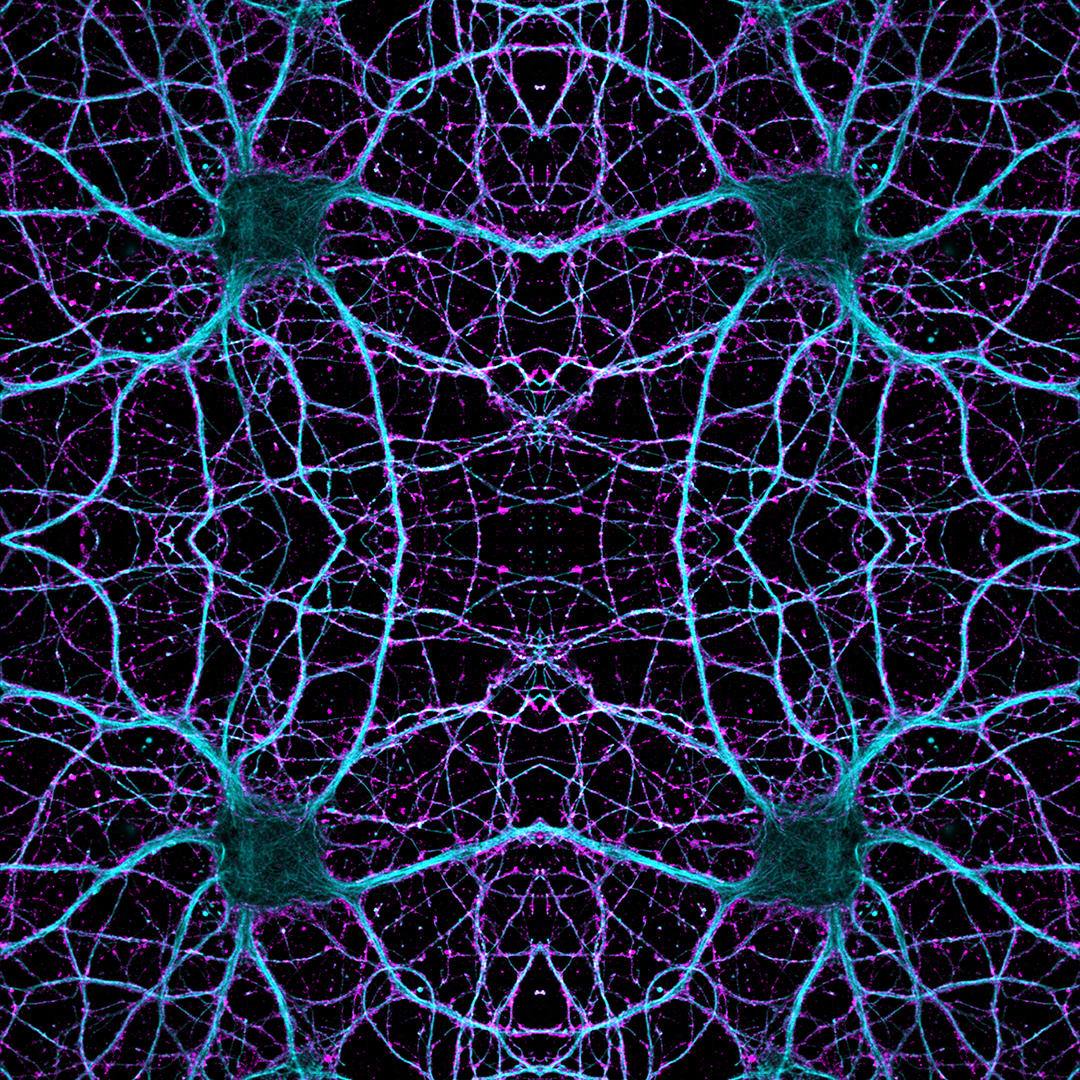Ketamine, a well-established anesthetic and increasingly widely-used antidepressant, has been shown to significantly reorganize neuronal activity in the brain, according to a recent study completed by researchers at Penn Medicine. In a Nature Neuroscience paper published this month, the team defined meaningfully altered neuronal activity patterns in the cerebral cortex of animal models after being administered ketamine. They observed the silencing of neurons that were normally active, while also finding sets of neurons that were usually quiet becoming highly active. This ketamine-induced change in prior patterns of brain activity associated with depression may hold the key to understanding the significant positive impact of ketamine’s treatment effects and lead to further advances in the field of neuropsychiatry.
Co-lead and co-senior author Joseph Cichon, MD, PhD, an assistant professor of Anesthesiology and Critical Care and Neuroscience in the Perelman School of Medicine at the University of Pennsylvania stated “Our surprising results reveal two distinct populations of cortical neurons, one engaged in normal awake brain function, the other linked to the ketamine-induced brain state. It’s possible that this new network induced by ketamine enables dreams, hypnosis, or some type of unconscious state. And if that is determined to be true, this could also signal that it is the place where ketamine’s therapeutic effects take place.”
Anesthesiologists administer anesthetic drugs prior to surgical procedures to reversibly change activity in the brain to ensure that it enters an unconscious state. Ketamine has been routinely used in anesthesia method because of its reliably and safely produced effects. Among ketamine’s signature qualities is that it preserves some activity in the cortex, which contrasts with most anesthetics, which function by totally suppressing brain activity. It is these maintained neuronal activities that are believed to be necessary for ketamine’s antidepressant impacts in essential brain locations associated with clinical depression. However, to date, just how ketamine results in these positive effects remains a mystery.
In this most recent study, the scientists examined behavior in mice before and after they were administered ketamine, comparing them to a control group of mice who received saline as a placebo instead of ketamine. Within minutes of the injection, the mice who received ketamine displayed behavior changes similar to humans who have been administered ketamine, such as decreased mobility and impaired reactions to sensory stimuli, which are referred to as symptoms of dissociation.
The researchers were able to trace the neuronal activity to ketamine’s ability to block the activity of the junction between neurons (synaptic receptors) that are known as NMDA receptors and HCN channels (ion channels). The scientists also showed that they could recreate ketamine’s effects by simply inhibiting these specific receptors and channels in the cortex without actually administering ketamine. It appears as though ketamine weakens several sets of inhibitory cortical neurons that normally suppress other neurons, allowing typically quiet neurons to become more active.
The study demonstrated that this lessening of inhibition was essential for the activity switch in excitatory neurons that form communication pathways, which are also the main target areas of typically prescribed antidepressants.
“While our study directly pertains to basic neuroscience, it does point at the greater potential of ketamine as a quick-acting antidepressant, among other applications,” said co-author Max Kelz, MD, PhD, a distinguished professor of Anesthesiology and vice chair of research in Anesthesiology and Critical Care. “Further research is needed to fully explore this, but the neuronal switch we found also underlies dissociated, hallucinatory states caused by some psychiatric illnesses.”

